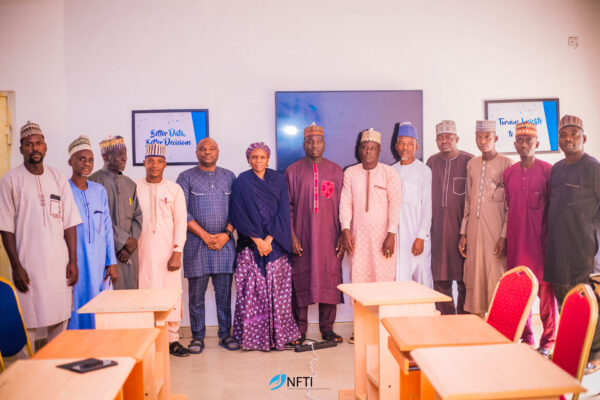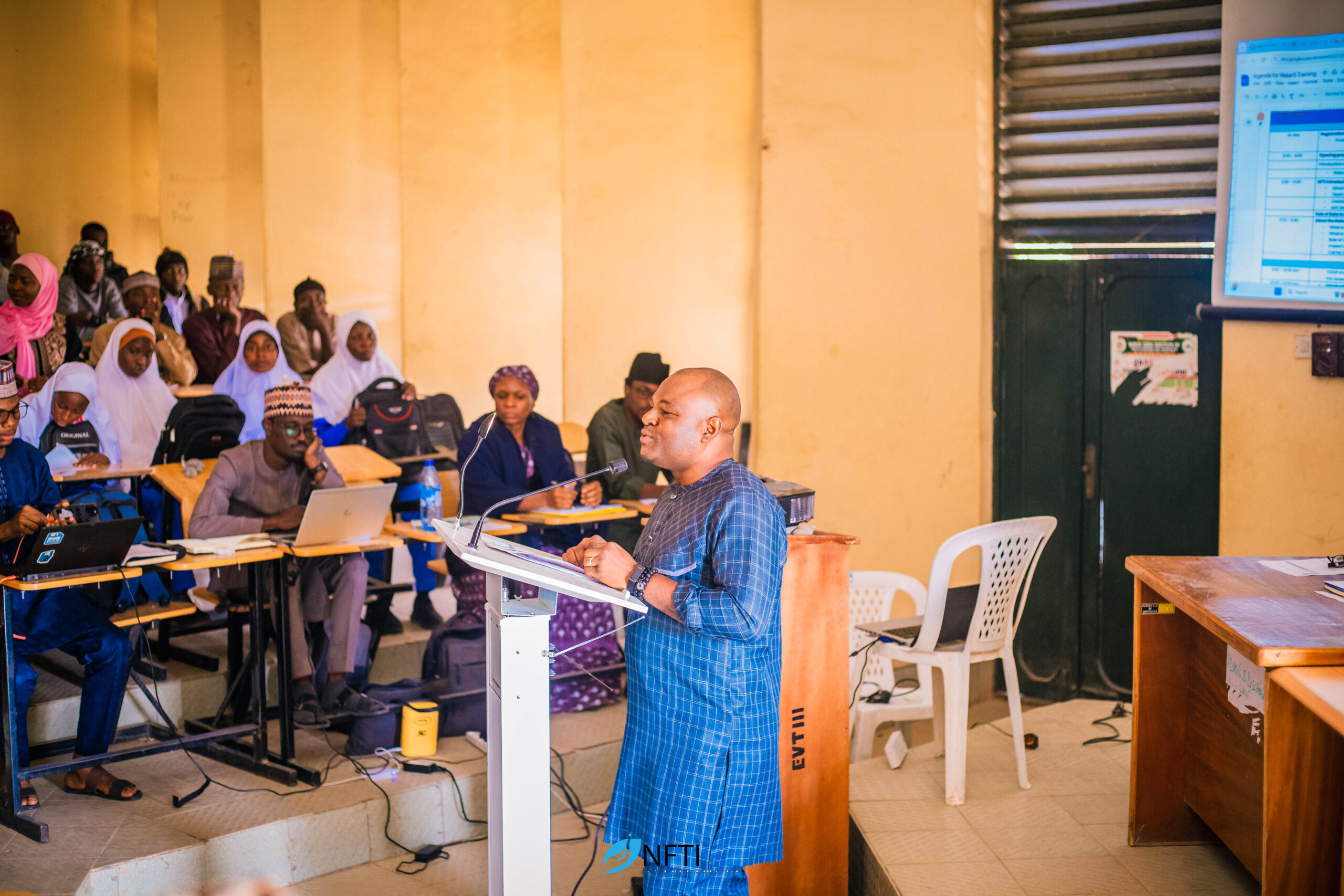Last week, the Natview Foundation for Technology Innovation (NFTI) took a critical step forward in expanding its Longitudinal Study by partnering with the Shehu Idris College of Health Sciences and Technology (SICHST) in Makarfi Local Government Area (LGA) of Kaduna State. This relationship is an essential turning point in NFTI’s aim to use data for social good and push evidence-based policymaking across communities.
As part of the scale-up initiative, NFTI successfully launched the Community of Practice and inaugurated a new cohort of data champions—young individuals equipped with the skills to collect and manage data to address critical social issues. These champions, drawn from the local community and supported by faculty members of the institution, will play a vital role in ensuring the success of the longitudinal study and its goal of providing actionable insights for public health and other social sectors.

To prepare the newly inaugurated community for their task, the NFTI team facilitated a hands-on training session on data collection using Open Data Kit (ODK) technology. The session introduced data champions and selected faculty members to modern, efficient methods of collecting, organizing, and analyzing data. With ODK’s user-friendly and innovative tools, the team now has the resources to ensure real-time data capture and high-quality outputs, which are essential for the study’s success.
The collaboration between NFTI and the Shehu Idris College of Health Sciences and Technology demonstrates the value of forming alliances that capitalize on local talent and institutional support. Our approach is to develop a sense of ownership and sustainability by involving community members and professionals in the data collection process. As part of our collaborative efforts with the institution, NFTI equipped its e-library with state-of-the-art tools to enhance research, data analysis, and digital learning. This transformation positions the e-library as a functional situation room for the ongoing Longitudinal Study, where the NFTI team can analyze field data in real-time.

This initiative is also part of NFTI’s larger endeavor to broaden the reach of its data-driven projects, ensuring that actionable data informs policies, improves service delivery, and empowers communities throughout Kaduna State. The Makarfi expansion underscores NFTI’s continuous commitment to providing local communities and institutions with the resources they need to make a lasting difference. The Longitudinal Study on healthcare facility readiness, led by the NFTI, is an ambitious research initiative designed to evaluate the operational readiness and data systems of public health facilities across Kaduna State. Focused on critical areas such as Human Resources for Health (HRH) and Supply Chain Management (SCM), the study aims to provide a comprehensive, real-time understanding of how healthcare services are delivered and managed at the grassroots level. Through 6 months of data collection and analysis, the study not only finds service delivery gaps but also provides practical recommendations to optimize resource allocation, streamline healthcare operations, and raise the standard of care overall. The project continues to fulfill its objective of promoting data-led reforms that enable governments to make well-informed decisions and promote sustainable development in the health sector as it expands to other areas, such as Makarfi LGA.

